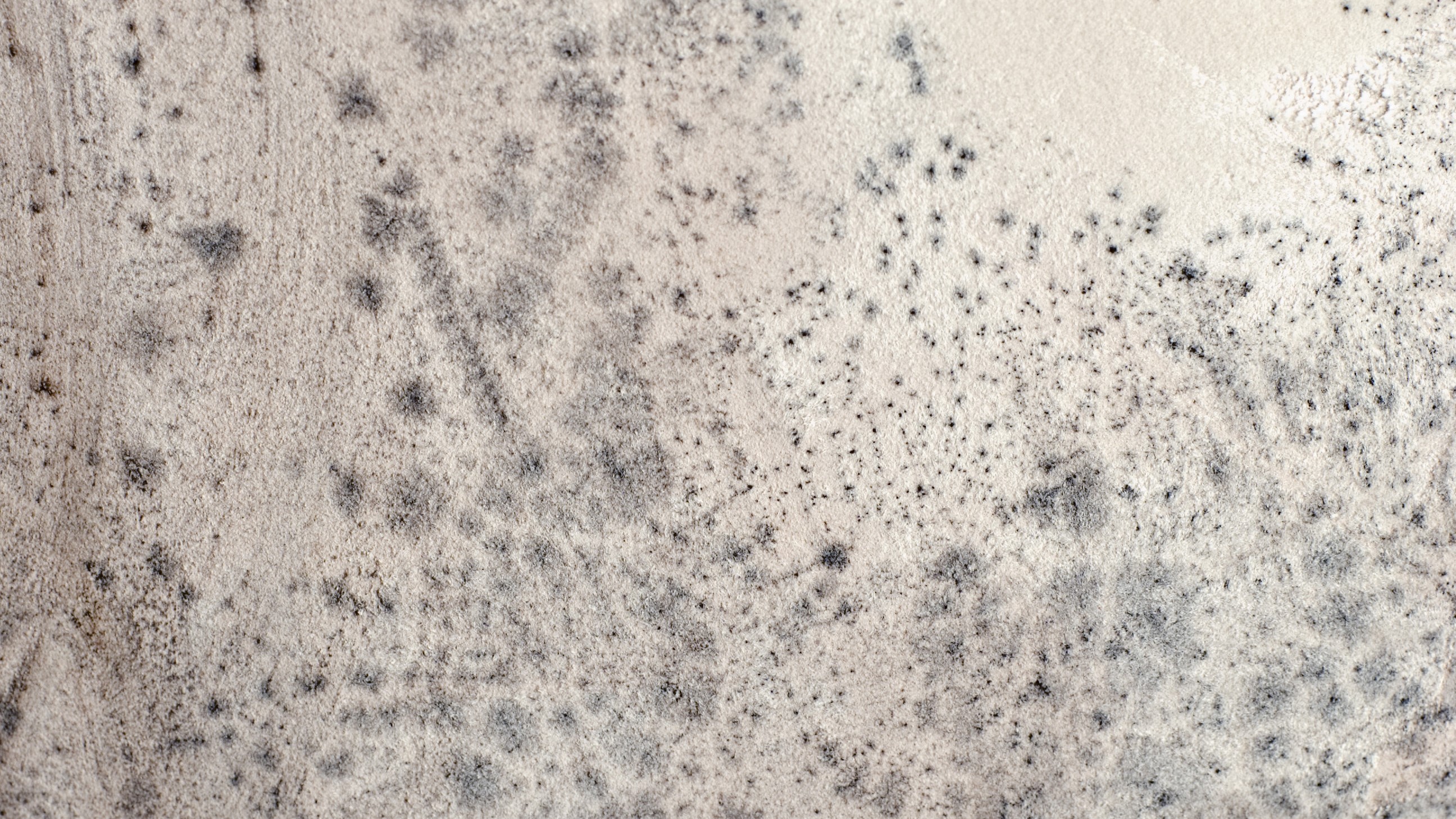
Dampness and mould can be a major problem in residential property, affecting occupants' lungs and airways and, in some cases, resulting in serious illnesses or even fatalities.
This was tragically illustrated in the death of the toddler Awaab Ishak in Rochdale in 2020 from a severe respiratory condition directly related to mould and dampness in his home.
Technical material aims to promote understanding
RICS' new damp and mould consumer guide covers common sources of moisture, the impact on health and ways to deal with dampness. It offers advice for homeowners, tenants, landlords and managing agents, as well as case studies and helpful descriptions.
Written for the public, the guide aims to enable owners and occupiers to manage and maintain their homes proactively, and educate people on how to live in the space they have.
The misdiagnosis of dampness issues has led to many cases of damp and mould, which puts people's health at risk. A common misdiagnosis is when all condensation-related issues are attributed to occupants' daily activities, but this feeds an unhelpful blame culture.
The guide instead clarifies that condensation can be caused by many sources of moisture, including failures in the original building design and construction, the impact of changes to it, or a lack of maintenance.
Landlords obliged to identify and address issue
The introduction of Awaab's Law, as part of the Social Housing (Regulation) Act 2023, will require local authorities and housing associations, as registered social landlords, to tackle mould and damp emergency cases within 24 hours, and also investigate hazards in the home within 10 days and fix them within five working days.
Awaab's Law is likely to be extended to the private rented sector once the Renters' Rights Bill has been passed.
Although some of the most high-profile cases have occurred in social housing, damp and mould can affect everyone. This guide aims to help all to understand the many potential causes, challenges and remedies, and is recommended reading for built environment professionals.
Sam Piplica MRICS is a director at Great North Building Consultancy Limited, and a former RICS senior specialist, buildings. RICS would like to thank Prof. Michael Parrett FRICS for assistance in producing this consumer guide
Contact RICS Knowledge: Email
Related competencies include: Building pathology, Inspection, Landlord and tenant, Legal/regulatory compliance

